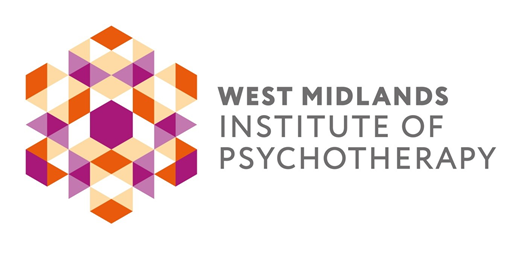What is Depth Psychology?
Depth psychology is a branch of psychology that explores the unconscious aspects of the human mind, emphasizing the study of unconscious motives, desires, and experiences. It delves into the deeper layers of the psyche to uncover hidden patterns, conflicts, and meanings that influence behavior and mental health.
Key concepts in depth psychology include:
1. Unconscious Mind: Depth psychology posits that much of human behavior is driven by unconscious processes and motivations that are inaccessible to conscious awareness.
2. Archetypes: These are universal symbols, images, or patterns that exist in the collective unconscious and shape human experiences and behavior. Examples include the hero, the mother, and the shadow.
3. Dreams: Depth psychology places significant importance on dreams as a window into the unconscious mind, where symbolic messages and unresolved conflicts may be expressed.
4. Psychoanalysis: Sigmund Freud, often considered the father of depth psychology, developed psychoanalytic theory and therapy techniques to explore the unconscious mind and resolve inner conflicts.
5. Personal and Collective Unconscious: Depth psychology distinguishes between the personal unconscious, which contains individual memories and experiences, and the collective unconscious, which contains universal human experiences shared across cultures.
Depth psychology has influenced various therapeutic approaches, including psychoanalysis, Jungian psychology, and psychodynamic therapy. It offers a rich framework for understanding human behavior, personality development, and the complexities of the human psyche.

